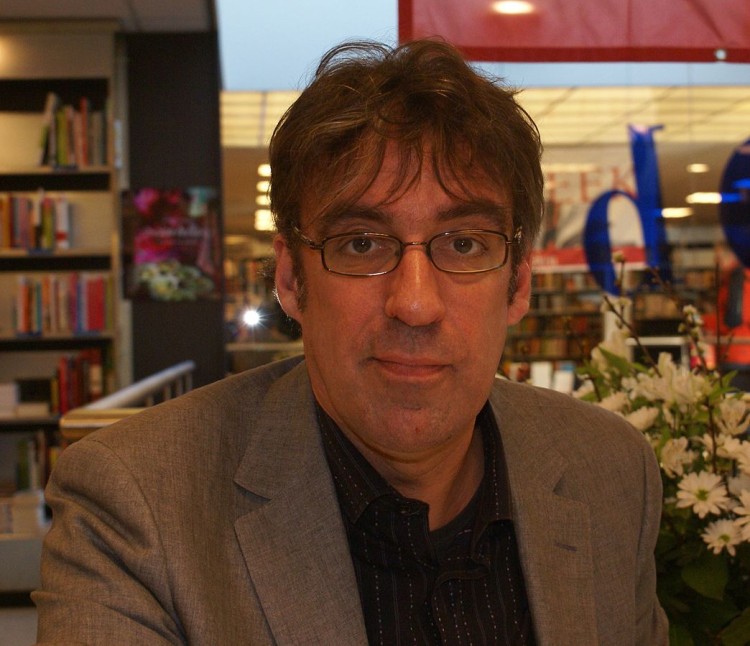‘Die Glückssucherin. Warum Margrit Schäppi einen Lebensratgeber schrieb und trotzdem den Freitod…

Margrit Schäppi and Matthias Ackeret
The book is a life advisor written by 81-year-old Margrit Schäppi based on her own life story. Before publication, she took her life with the aid of a Swiss assisted suicide organisation. This prompted Matthias Ackeret not only to arrange for it to be published, but also to write an epilogue in which he harshly criticises the Swiss assisted suicide model.
'Door eigen hand. Zelfmoord en de nabestaanden' by Joost Zwagerman

Joost Zwagerman
In this book of essays and interviews on suicide, writer Joost Zwagerman argues that medically assisted dying for psychological reasons is unwarranted. The author, who took his own life in 2015, has been a prominent voice in Dutch discourse surrounding this issue.
'La luz difícil' by Tomás González

Tomás González
Suffering unbearable pain after a traffic accident left him paraplegic, Jacobo has decided to die in Oregon, where a doctor is willing to assist him; in the meantime, his Colombian-immigrant parents anxiously await news in NYC. Told from the perspective of the painter David, Jacobo’s ageing father, González’s 2011 novel has sparked discussions about assisted dying in Colombia and beyond.
'Justiça' by Manuela Dias

Manuela Dias (writer), José Luiz Villamarim (director)
Crossing the street to meet her husband Maurício, in front of the theatre where she stars as dancer, Beatriz is struck by a hit-and-run driver and left tetraplegic. She asks Maurício to help her end her life; he complies and is sent to jail for 7 years. This is a main storyline in ‘Justiça’, a TV series that reignited the debate on assisted death in Brazil, where the practice is illegal.
'MAID in Canada' by City News

City News
This documentary from City News follows the stories of Cheryl Romaire and Jennifer Monahan as they consider medical assistance in dying. Their stories occur against the backdrop of recent changes in Canadian law that expanded access to assisted death for non-terminal patients, like Cheryl and Jennifer, who live with conditions that cause them chronic pain but that are not terminal.
'Moeders springen niet van flats' by Elena Lindemans

Elena Lindemans (director)
Filmmaker Elena Lindemans discusses her mother’s suicide with her sister, her mother’s partner, doctors and others. Her mother took her own life after doctors told her that her mental suffering did not meet the criteria for euthanasia. The documentary critiques the limited access to euthanasia for psychological reasons at the time of its production, despite having been legally possible since 2002.